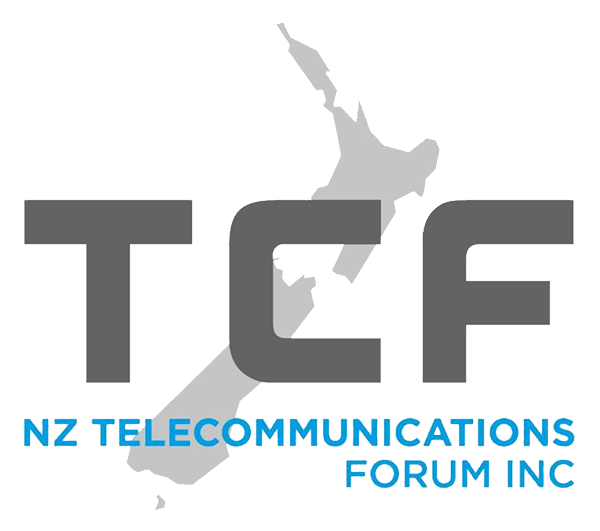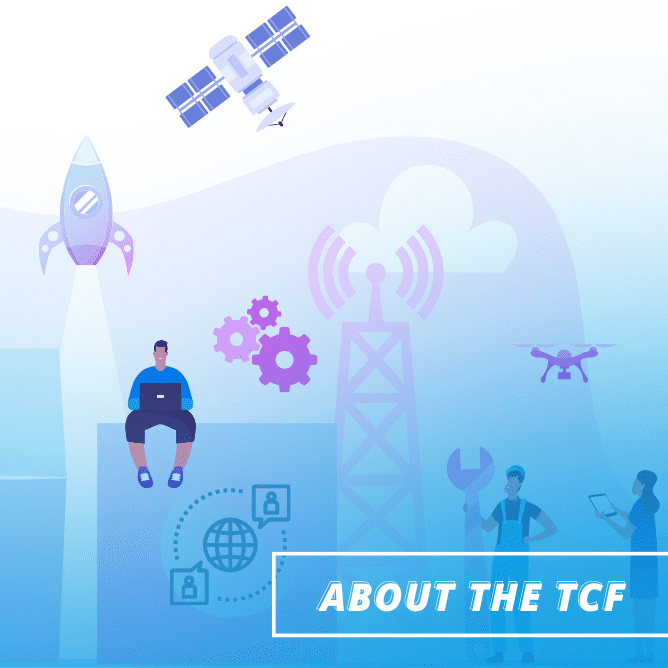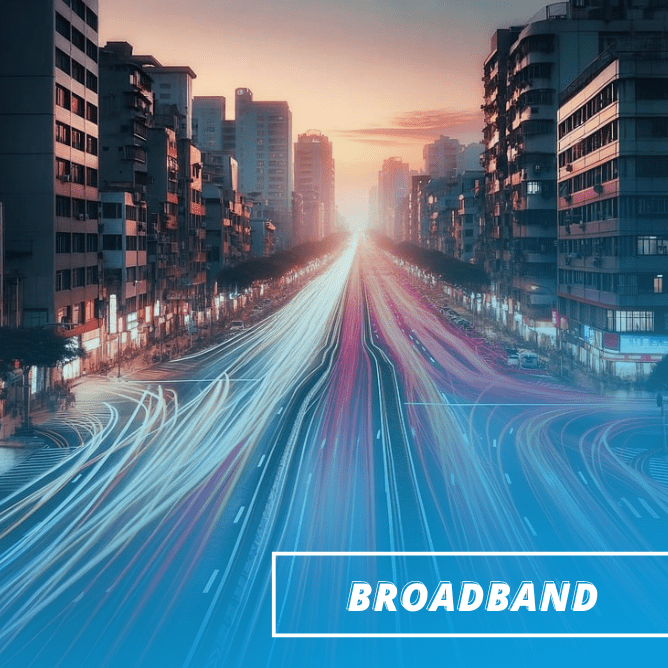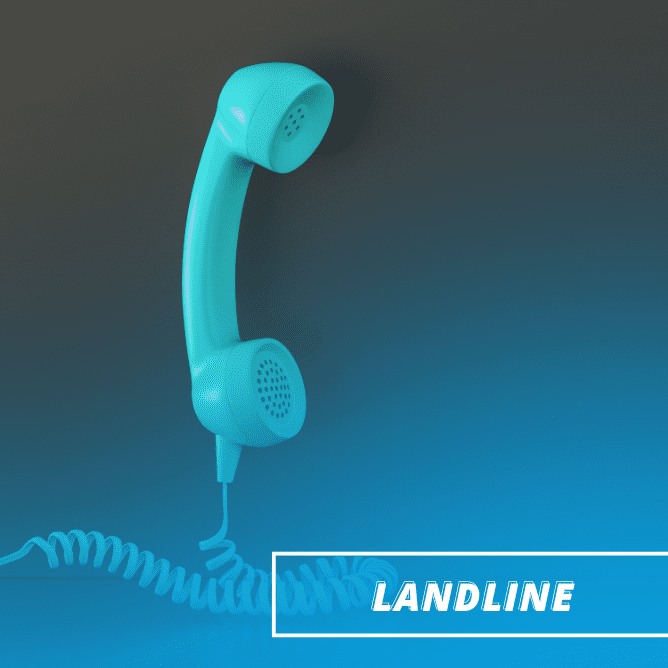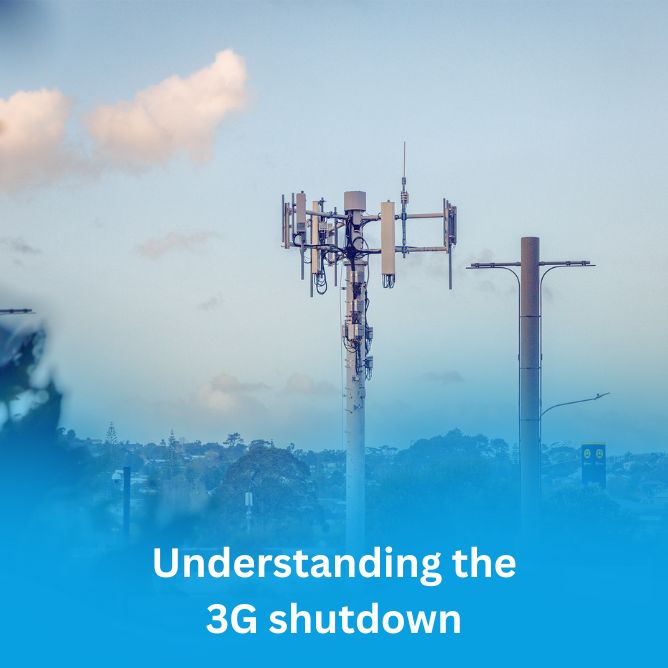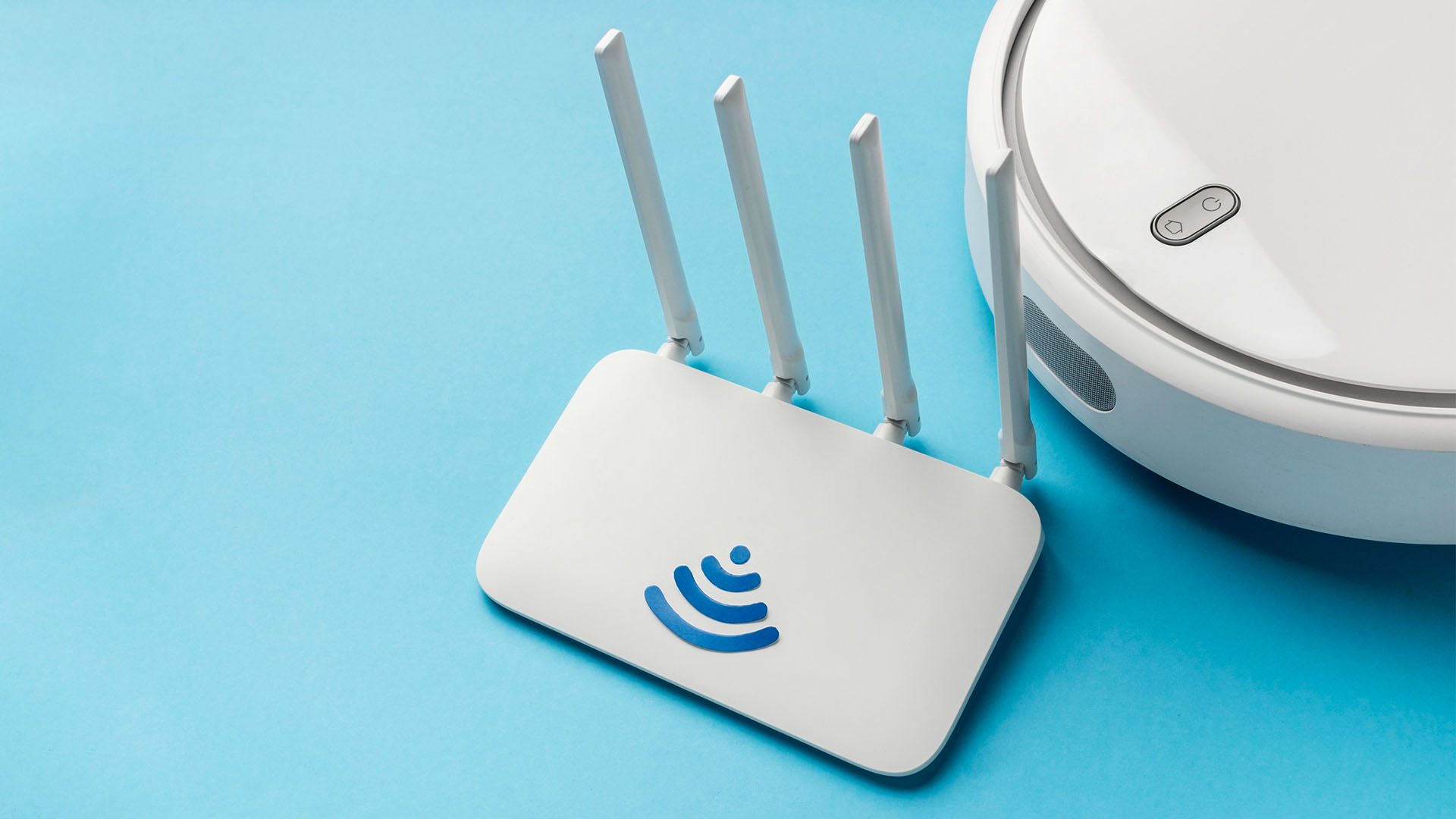New Zealand has world-class mobile networks that provide 3G and 4G coverage across much of the country, with the latest 5G technology being progressively introduced starting with cities and towns. These mobile networks make it possible to provide home or business broadband services without the need for a physical connection, as well as “on the go” coverage via smartphones or other mobile devices.
Wireless Broadband
Wireless broadband, also known as Fixed Wireless Access (FWA) because it is to a fixed address, enables home and business users to obtain high-speed data access through the airwaves, without relying on any physical connection. You still have a WiFi router (modem) installed, but this device connects with your broadband provider via radio waves rather than via a fibre cable or copper line.
Typically, wireless broadband devices connect over cellular networks, but other radio wave technologies can be used, dependent on your broadband provider and local coverage area.
Wireless Broadband is a big component of the Rural Broadband Initiative (RBI), a multi-year public-private partnership to deliver better broadband and mobile services to rural homes and businesses outside the areas covered by UFB fibre.
The first phase involved building approximately 150 new cell towers in rural area and phase 2 is adding more than 400 additional towers and will extend high-speed wireless broadband availability to 99.8% of the population by 2023. Phase 2 is being implemented by the Rural Connectivity Group, a joint venture between the three main mobile operators (2degrees, One new Zealand and Spark). For more information, see the RCG website.
Wireless broadband is also being offered by some providers in urban areas as an alternative to fibre or copper broadband.
Mobile
The internet can also be accessed when you’re on the move away from home or business through smart phones, tablets and laptops. The speed of access is dependent on the technology used by the network (i.e. 3G, 4G, 5G) and the strength of the mobile signal when it is in use. Data charges for mobile broadband tend to be higher than for fixed broadband services, reflecting the higher costs incurred by mobile providers in building cellular networks that offer quality coverage as you move around the country.
